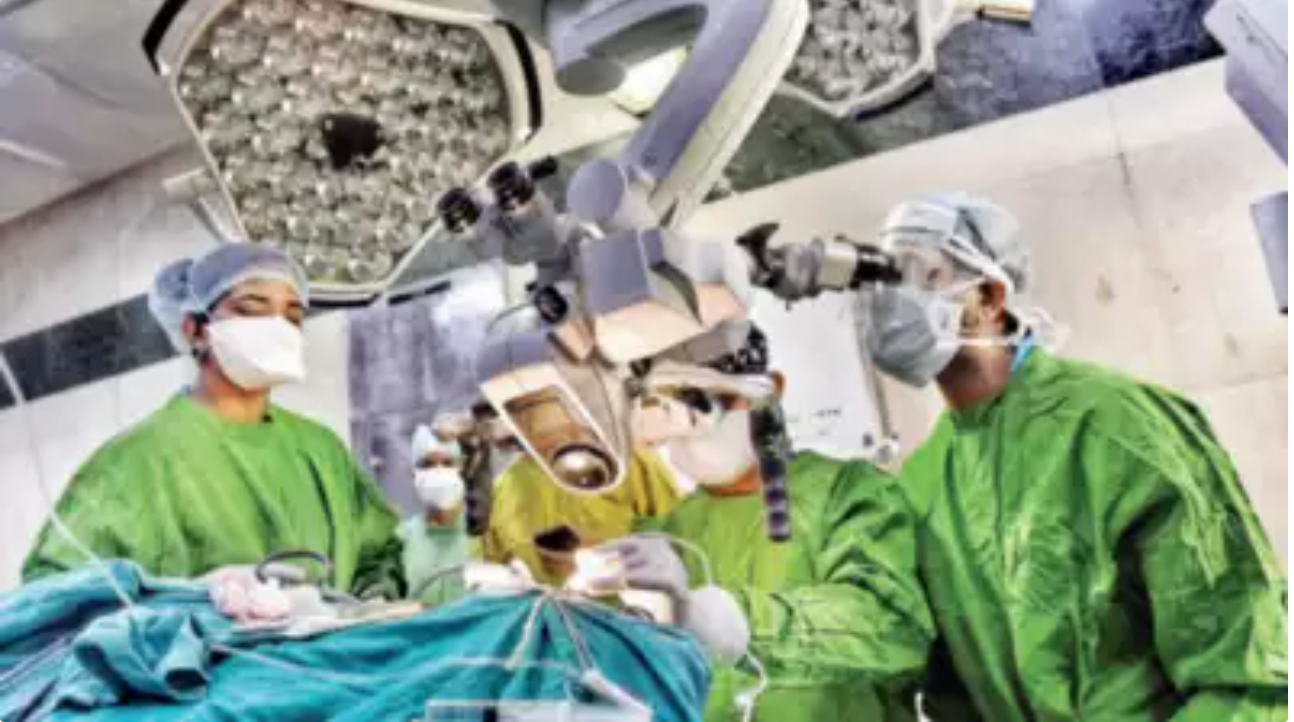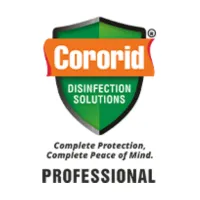Hospital-acquired infections are the biggest challenge
Disease-causing fungi are present everywhere, including in hospital settings. Active surveillance, hand hygiene and adequate sterilisation of instruments can go a long way in preventing fungal infection of immune-compromised patients.
 New Delhi: Disease-causing fungi are present everywhere, including in hospital settings. Active surveillance, hand hygiene and adequate sterilisation of instruments can go a long way in preventing fungal infection of immune-compromised patients. Healthcare workers do everything to prevent hospital-acquired infections, but despite this, the efforts sometimes are in vain.
Recently, AIIMS published a study in Journal of Preventive Medicine and Hygiene analysing fungal carriage on healthcare workers’ hands, clothes and stethoscopes. It revealed that out of 60 healthcare workers, 20 (33%) showed fungal carriage. Aprons/hospital scrubs were contaminated in 17 (28%) and hands in 3 workers (5%). The aprons and scrubs mainly carried moulds belonging to the Aspergillus species, while hands were contaminated with Candida species. Electronic devices and stethoscopes had no fungal contamination, the study noted.
New Delhi: Disease-causing fungi are present everywhere, including in hospital settings. Active surveillance, hand hygiene and adequate sterilisation of instruments can go a long way in preventing fungal infection of immune-compromised patients. Healthcare workers do everything to prevent hospital-acquired infections, but despite this, the efforts sometimes are in vain.
Recently, AIIMS published a study in Journal of Preventive Medicine and Hygiene analysing fungal carriage on healthcare workers’ hands, clothes and stethoscopes. It revealed that out of 60 healthcare workers, 20 (33%) showed fungal carriage. Aprons/hospital scrubs were contaminated in 17 (28%) and hands in 3 workers (5%). The aprons and scrubs mainly carried moulds belonging to the Aspergillus species, while hands were contaminated with Candida species. Electronic devices and stethoscopes had no fungal contamination, the study noted.
Dr Arvind Kumar, corresponding author of the study, said they did not assess whether the fungal carriage on healthcare workers’ hands or aprons had any correlation with infection among the patients. He said, “AIIMS has one of the most intense infection control programmes, including regular monitoring of hand hygiene, sterilisation of instruments and overall hygiene in hospital settings.”
 New Delhi: Disease-causing fungi are present everywhere, including in hospital settings. Active surveillance, hand hygiene and adequate sterilisation of instruments can go a long way in preventing fungal infection of immune-compromised patients. Healthcare workers do everything to prevent hospital-acquired infections, but despite this, the efforts sometimes are in vain.
Recently, AIIMS published a study in Journal of Preventive Medicine and Hygiene analysing fungal carriage on healthcare workers’ hands, clothes and stethoscopes. It revealed that out of 60 healthcare workers, 20 (33%) showed fungal carriage. Aprons/hospital scrubs were contaminated in 17 (28%) and hands in 3 workers (5%). The aprons and scrubs mainly carried moulds belonging to the Aspergillus species, while hands were contaminated with Candida species. Electronic devices and stethoscopes had no fungal contamination, the study noted.
New Delhi: Disease-causing fungi are present everywhere, including in hospital settings. Active surveillance, hand hygiene and adequate sterilisation of instruments can go a long way in preventing fungal infection of immune-compromised patients. Healthcare workers do everything to prevent hospital-acquired infections, but despite this, the efforts sometimes are in vain.
Recently, AIIMS published a study in Journal of Preventive Medicine and Hygiene analysing fungal carriage on healthcare workers’ hands, clothes and stethoscopes. It revealed that out of 60 healthcare workers, 20 (33%) showed fungal carriage. Aprons/hospital scrubs were contaminated in 17 (28%) and hands in 3 workers (5%). The aprons and scrubs mainly carried moulds belonging to the Aspergillus species, while hands were contaminated with Candida species. Electronic devices and stethoscopes had no fungal contamination, the study noted.Dr Arvind Kumar, corresponding author of the study, said they did not assess whether the fungal carriage on healthcare workers’ hands or aprons had any correlation with infection among the patients. He said, “AIIMS has one of the most intense infection control programmes, including regular monitoring of hand hygiene, sterilisation of instruments and overall hygiene in hospital settings.”


